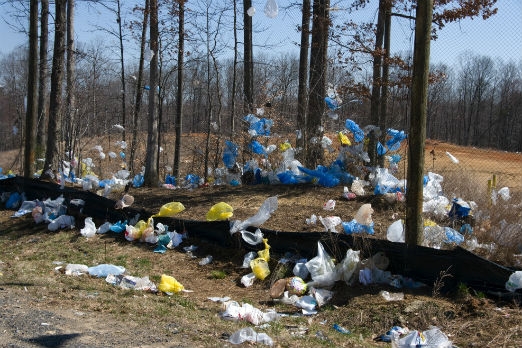CPRE View
CPRE’s main concern with litter is its impact on the beauty and quality of the countryside. Littered items are often brightly-coloured, non-degradable and toxic. They spoil the view, pollute the land and endanger wildlife. And they are often made from valuable materials that could be recycled such as glass, aluminium and plastic – all of which are wasted when left as litter.
CPRE and litter
Campaigning against litter was one of CPRE’s early priorities; our work began in 1927, supporting a range of local and national campaigns. This work led us to be instrumental in the creation of the Keep Britain Tidy group in 1955 and our most recent national campaign, Stop the Drop, ran from 2008 to 2015. We launched our Litter Programme in January 2016, with activities including campaigning and lobbying, a pilot project looking at legislation and systems design, as well as collaborative work with our branch network across England and a wide range of charity and corporate partners.
We want to see:
- a strong legal framework that is used consistently by local councils, to stop littering being a consequence-free crime;
- a National Litter Action Plan that coordinates the activities of every organisation that works to reduce litter, in order to increase efficiency and save money;
- solutions that change people’s behaviour by putting a value on resources, such as charges on carrier bags and returnable deposits paid on drinks containers;
- better design of products and packaging, such as attaching lids to bottles and providing disposal papers with chewing gum, to reduce the chances of them being littered.
The issues:
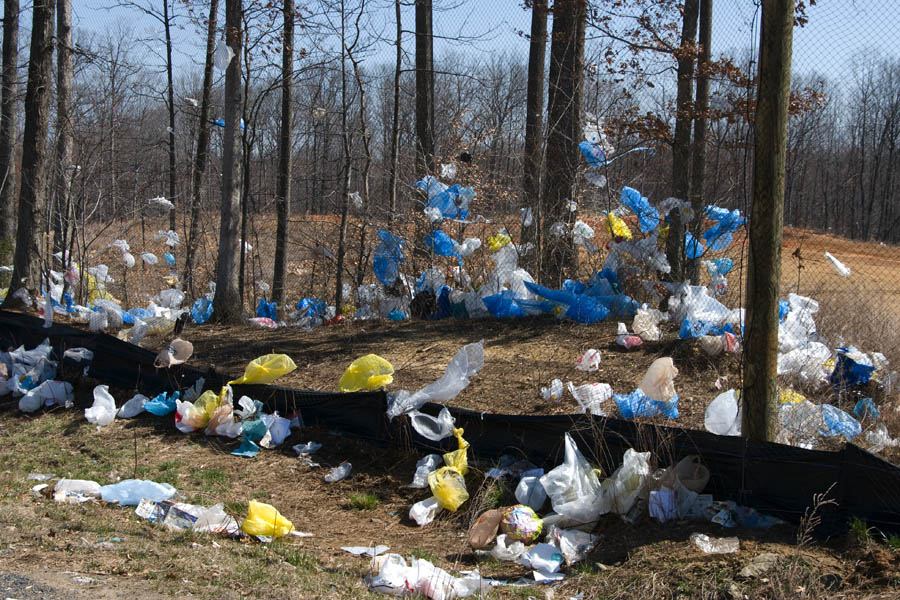
Litter is spoiling the countryside
Litter levels in England have remained broadly stable over the past decade, according to the official monitoring undertaken on behalf of the Government. However, this neither provides good news nor a clear picture of why the problem is so endemic and extensive.
The campaign:
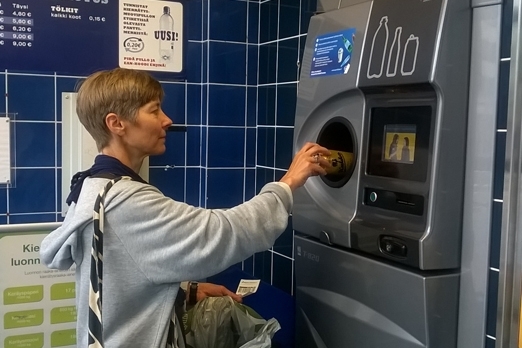
Our campaign towards a deposit return system
10 years of research and campaigning into the reduction of littered bottles and cans has pointed us in one direction – to a deposit return system. Find our all about how a UK scheme would work.
Resource:
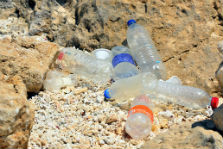
Have we got the bottle?
Our research for a deposit return system (DRS) for drinks containers covering glass bottles, plastic bottles and cans shows how a scheme would realistically work in the UK, and how benficial it could be. Find out more in our summary report.
Blog:
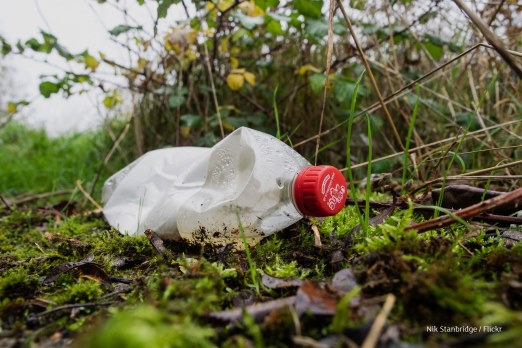
Beat the bottle
Many countries and provinces around the world have found the best way to capture drinks containers is by having a deposit return system (DRS) - CPRE litter programme director, Sam Harding, makes the case for England to be next on that list.
